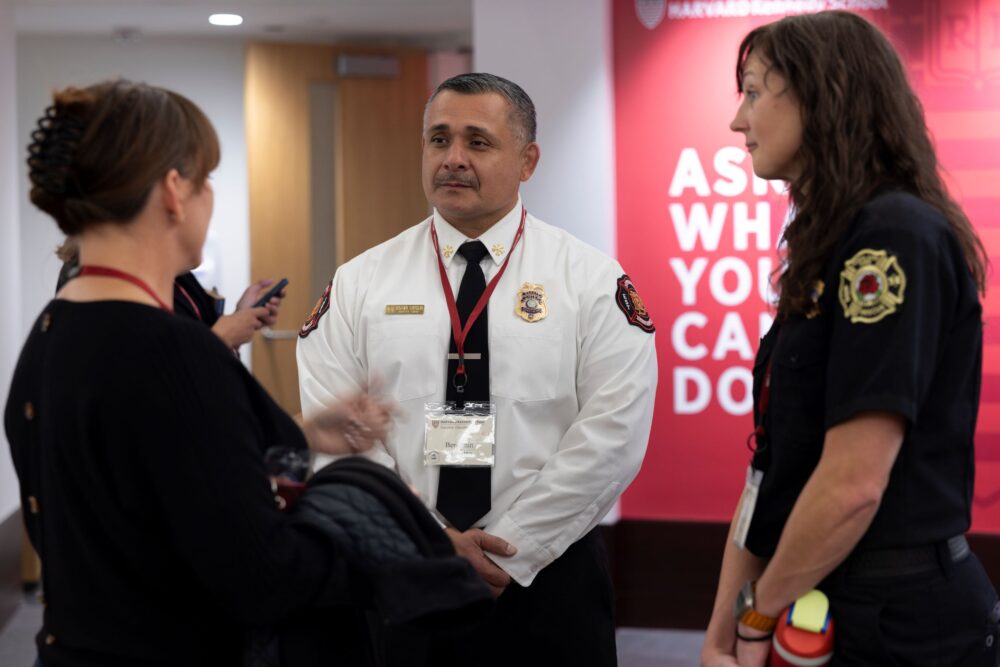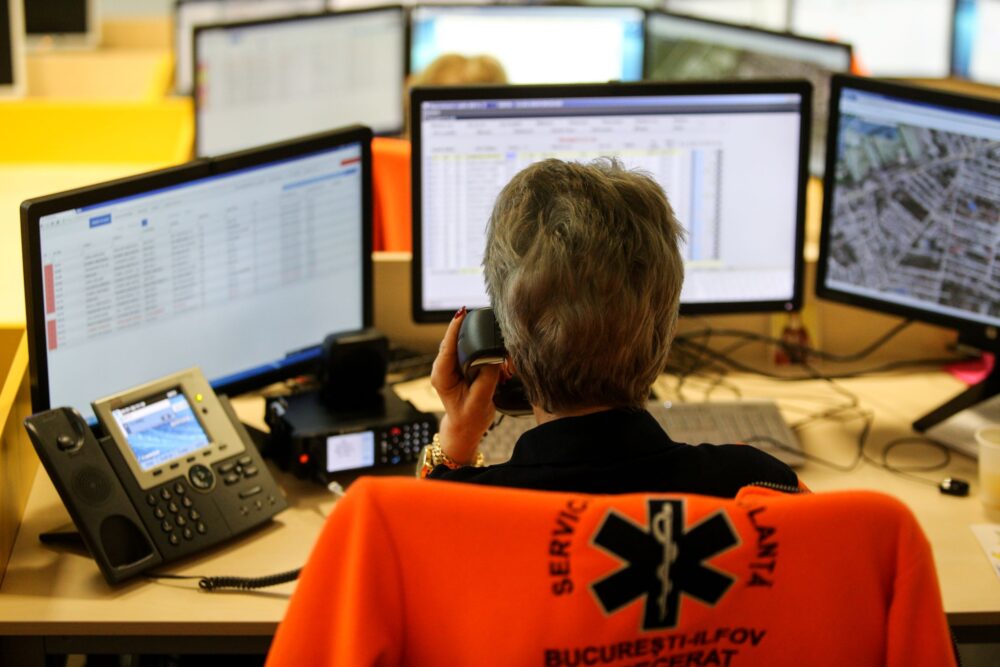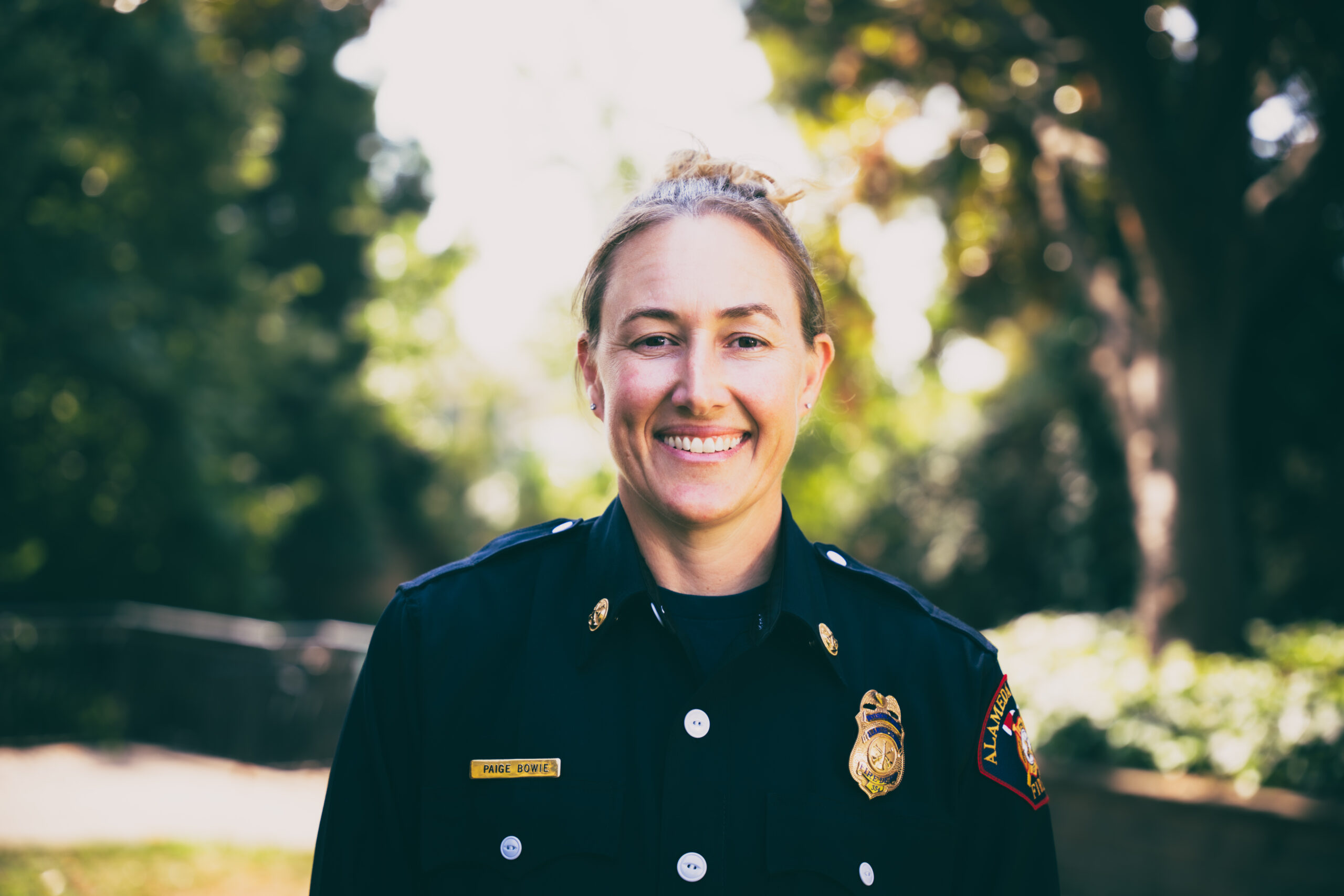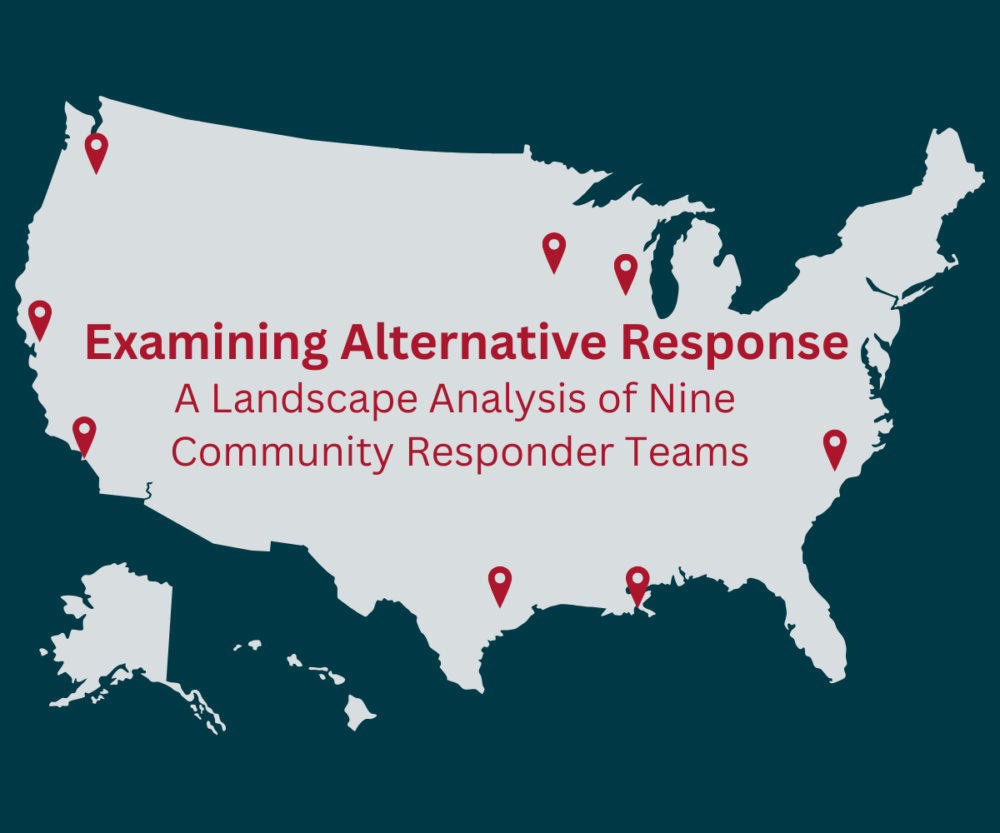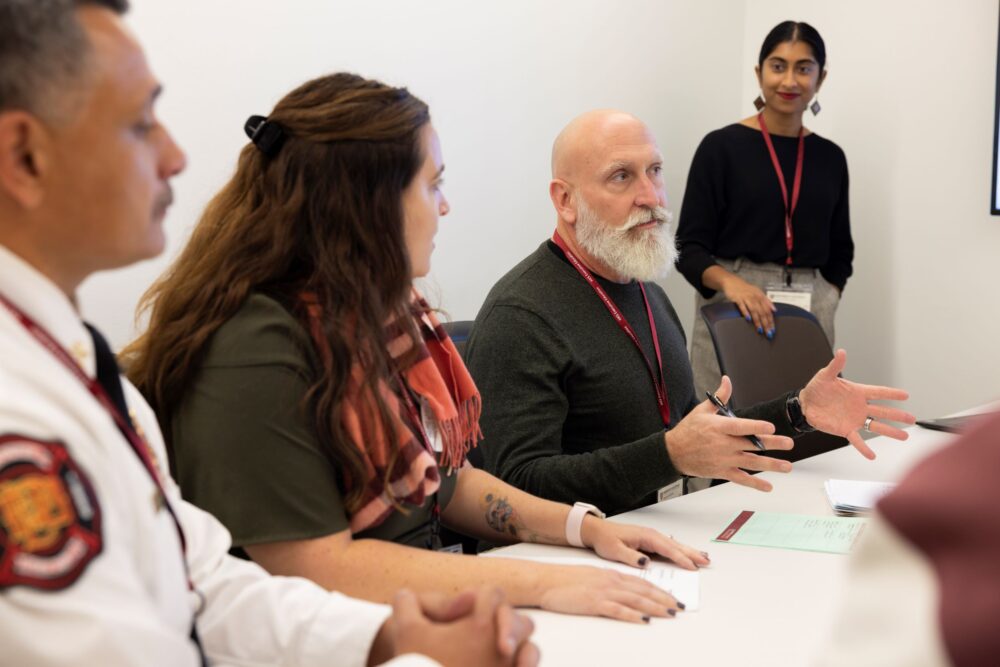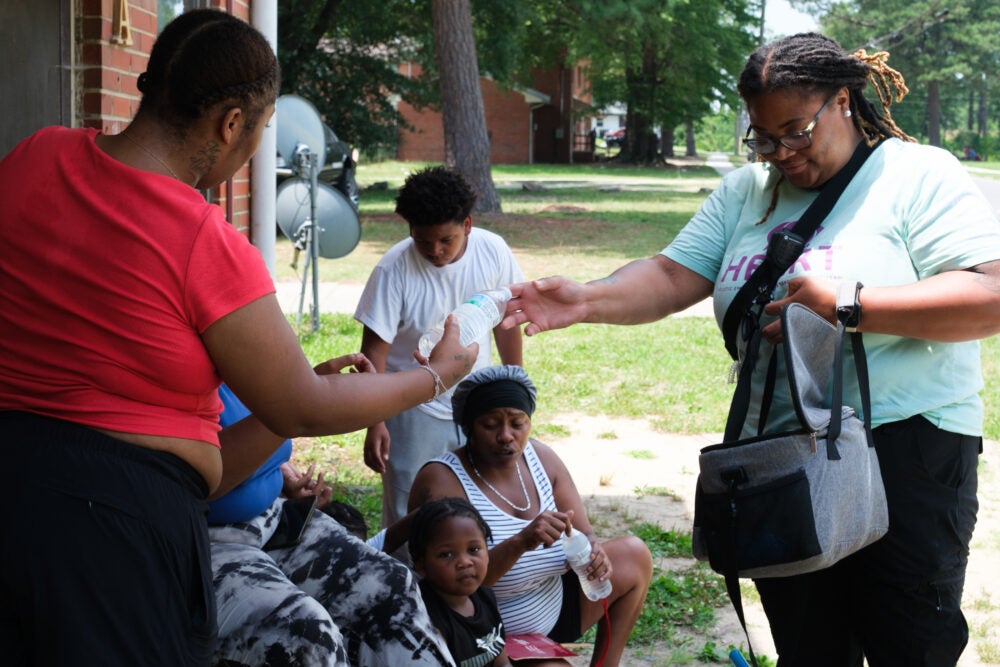Overview
The GPL supports jurisdictions that are interested in diverting a significant share of 911 calls to:
- Unarmed community responder teams (also called mobile crisis teams or holistic assistance response teams);
- Behavioral health professionals located in 911 call centers;
- 988, 311, or local crisis lines;
- Other programs aimed at reducing reliance on traditional emergency response.
By investing in these types of programs, jurisdictions create an alternative response branch designed to identify and connect 911 callers to the right response at the right time. That response might look like connecting someone with a non-life threatening medical concern to a nurse hotline or dispatching a community responder team to help someone experiencing a mental health crisis. Alternative 911 programs can also provide on-the-phone assistance to callers who might benefit from additional services such as housing supports.
These efforts can reduce unnecessary criminal justice system involvement and create more equitable outcomes for communities of color, people with serious mental health disorders, and others disproportionately impacted by the criminal justice system.
The GPL provides pro bono applied research support and technical assistance to help selected jurisdictions:
- Launch, expand, or improve alternative response programs as a dedicated branch of 911
- Evaluate the impact of alternative response programs
- Enhance 911 call triage capabilities to redirect calls to appropriate resources
Support is usually provided on a weekly basis for up to 10 months and includes coaching for government staff, access to adaptable implementation templates, and connections with peer governments.
